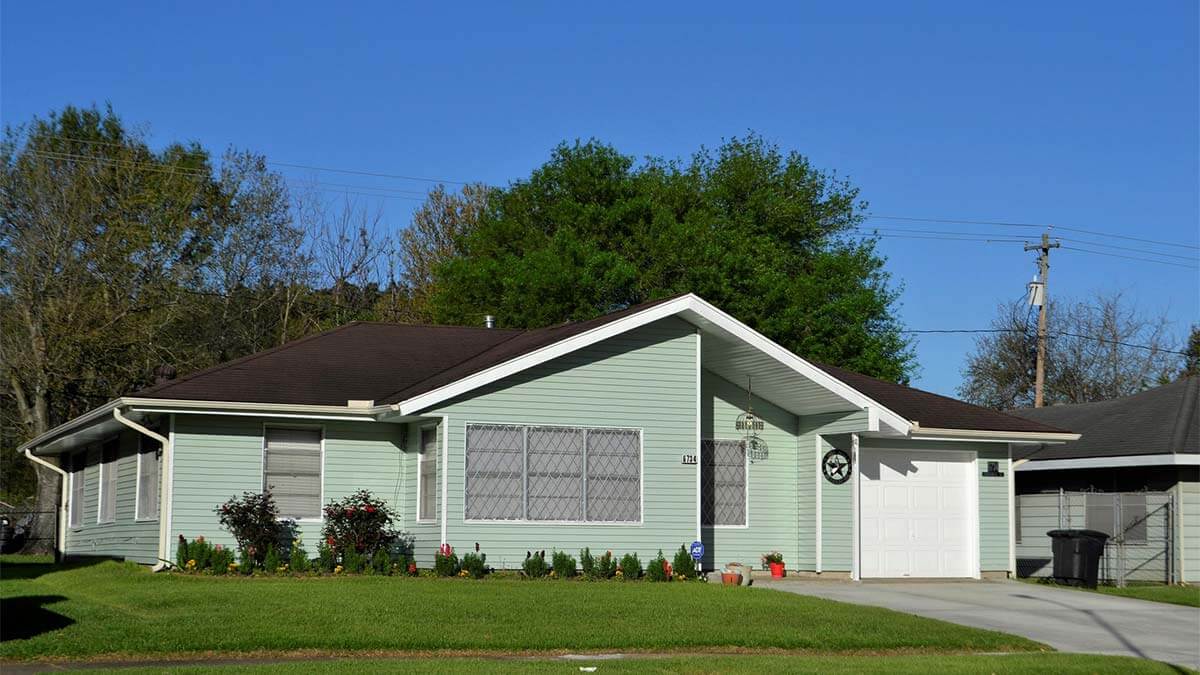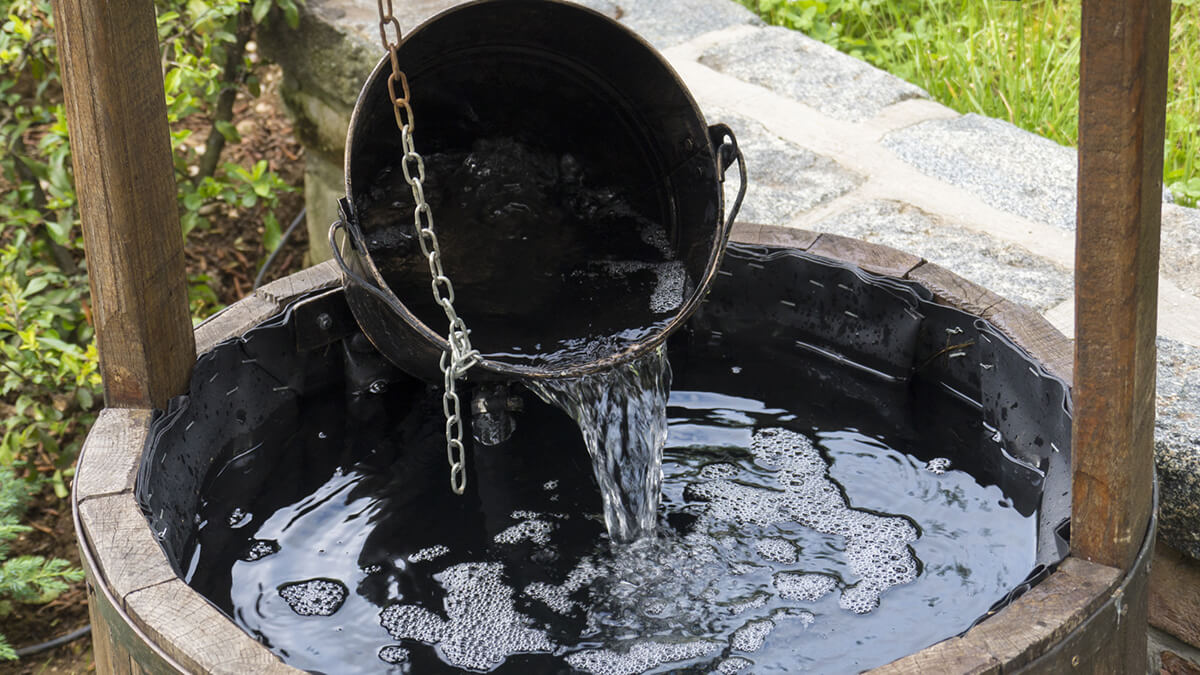Trying to decide between Opendoor and Offerpad? You’re not alone. Both iBuyers promise a fast sale and easy process, but how do you know which one’s better for you?
That’s where we come in. We’ve broken it all down so you can make the smartest move. Want a data-backed cash offer today? Start with iBuyer.com. Skip the listings and pick your close date.
Opendoor vs Offerpad
- Opendoor vs Offerpad: A Side-by-Side Snapshot
- What They Pay vs the Open Market
- The Real Costs: Fees, Repairs, and Perks
- Where They Buy Homes (And What Kind)
- Selling Process: How It Works from Start to Finish
- Reilly’s Two Cents: Selling to a Cash Buyer, the Smart Way
- Reviews Roundup: What Real Customers Say
- Not Sure? Here’s When to Choose Offerpad or Opendoor
- FAQs About Offerpad and Opendoor
Compare Cash Offers from Top Home Buyers. Delivered by Your Local iBuyer Certified Specialist.
One Expert, Multiple Offers, No Obligation.
Opendoor vs Offerpad: A Side-by-Side Snapshot
Opendoor and Offerpad might seem alike, but a closer look shows some real differences. Opendoor is the bigger name and works in more cities. Offerpad, though, throws in some extras like free local moves and help with repairs. Both give cash offers, but how they get there and what they charge can vary.
Here’s a quick snapshot to help you compare:
| Feature | Opendoor | Offerpad |
| Availability | 50+ markets | 25+ markets |
| Average Close Time | 7–14 days | 8–21 days |
| Service Fees | ~5% | ~5% |
| Repair Credits | Deducted after inspection | Deducted after inspection |
| Special Perks | Extended stays | Free local moves, renovation help |
| Flexibility | More flexible offers | More add-on services |
What They Pay vs the Open Market
iBuyers move fast, but that speed can come at a price. Both Opendoor and Offerpad usually offer a bit less than what you might get on the open market. That’s because they factor in repairs, speed, and risk on their end.
You’ll get a “final offer” after a quick home check. It often ends up lower than what a buyer might pay through a regular agent. But if skipping showings and selling fast matters more to you, it might be worth it.
Thinking of comparing offers? iBuyer.com lets you see how your cash offer stacks up next to the open market. It’s free, easy, and can help you decide what’s best.
The Real Costs: Fees, Repairs, and Perks
Opendoor and Offerpad both charge service fees, usually around 5%. That’s close to what you’d pay a real estate agent, but you skip the showings and waiting. You might also see repair costs taken out after they look at your home.
Offerpad stands out with perks like free local moves and help fixing up your home. Opendoor gives you more time to stay after closing, which can be a big help if you need wiggle room between moves.
Don’t forget the cancellation fee. Both can charge you if you back out too late, so be sure to read the fine print.
Where They Buy Homes (And What Kind)
Opendoor works in over 50 markets across the U.S., while Offerpad covers around half that. So depending on where you live, your options might already be narrowed down.
Both companies buy single-family homes, but they skip fixer-uppers or anything too unique. Most homes need to be built after 1960, in decent shape, and priced under a certain limit, usually under $600,000, though it varies by city.
Selling Process: How It Works from Start to Finish
Step 1: Tell Them About Your Home
Start by answering a few questions online. It only takes a few minutes, and it helps them figure out if your home fits their buying criteria.
Step 2: Get a Cash Offer
Once they review your info, you’ll get an initial offer. Sometimes that happens within hours. It’s based on your home’s location, size, and market trends.
Step 3: Schedule a Home Check
If you accept the offer, they’ll send someone to look at your place. This quick visit helps them spot any repairs or issues they might deduct from your final price.
Step 4: Review the Final Offer
After the visit, they send the updated offer. This is the one that really counts. You can take it or leave it, no pressure.
Step 5: Pick Your Closing Date
If you go for it, you choose when to close. Most people pick a date 7 to 14 days out, but both companies give you some flexibility.
As iBuyers continue their strategic competition, it’s worth noting that many are recovering to pre-pandemic levels, which may influence their offers and expansion plans.
Reilly’s Two Cents: Selling to a Cash Buyer, the Smart Way
I’ve worked with plenty of folks who chose to sell their homes to cash buyers. Sometimes they needed to move fast. Other times, they just didn’t want to deal with open houses or last-minute repairs. While I’m based in Florida, the decision to go with an iBuyer is one many sellers face across the country.
Here’s my take: if you’re thinking about Opendoor or Offerpad, look beyond the number they flash upfront. Focus on the final offer, which comes after the home visit. That’s the real deal. I’ve seen sellers get excited about a big number, only to watch it shrink after repair costs get pulled out.
Also, ask questions. What happens if you change your mind? Can you stay a few extra days after closing? Every little detail matters when you’re juggling a move.
And don’t forget, compare offers. You’ve got options, including iBuyer.com. It’s always smart to know what’s out there before you decide.
Reviews Roundup: What Real Customers Say
Opendoor Reviews
Opendoor has a solid reputation with a 4.4 out of 5 on Reviews.io. Many customers praise the company for its transparency and ease of use. One reviewer noted, “Opendoor was the most transparent, professional, personable, and easy to work with cash buyer out there.”
However, some users have reported discrepancies between the initial and final offers, particularly after home inspections. It’s important to be aware that the final offer may be adjusted based on the condition of your home.
Offerpad Reviews
Offerpad’s reviews are more mixed. On Trustpilot, it holds a rating of 2.4 out of 5 , and on Reviews.io, it has a 1.9 out of 5 . Some customers appreciate the perks like free local moves and assistance with renovations. However, others have expressed concerns about significant reductions in the final offer after inspections. For instance, one customer reported an initial offer of $275,000 being reduced to $244,000 post-inspection.
As Offerpad now heads into a significant corporate transition, be sure to check our update on the Offerpad SPAC merger to understand how it may impact their operations.
Not Sure? Here’s When to Choose Offerpad or Opendoor
Still on the fence? Here’s a simple way to think about it:
- Pick Opendoor if you want more flexibility with your move-out date and you’re in one of their many service areas. They’re the bigger player and offer more breathing room after closing.
- Go with Offerpad if you’re looking for help with repairs or like the idea of free local moves. They tend to throw in more extras, especially if you’re not in a rush.
- If none of the offers feel quite right, don’t settle. Use iBuyer.com to compare multiple cash offers side by side. You might find a better fit you didn’t expect.
Instant Valuation, Confidential Deals with a Certified iBuyer.com Specialist.
Sell Smart, Sell Fast, Get Sold. No Obligations.
FAQs About Offerpad and Opendoor
An iBuyer is a company that uses technology to make quick offers on homes. They let you skip the listings, showings, and long wait times. You get a cash offer fast and can close in days.
It depends on your priorities. Opendoor usually offers more flexibility and works in more cities. Offerpad may offer extra perks like free local moves. Always compare both before deciding.
Both companies allow cancellations, but they might charge a fee if it’s too late in the process. Be sure to check the terms before signing anything.
Yes, both Opendoor and Offerpad work with agents. You can list your home with an agent or sell directly to the iBuyer. Some sellers even use an agent to help review the offers.
There can be. Fees vary by company and how far along you are in the process. Opendoor and Offerpad both include this info in your offer paperwork, so read it carefully.
Reilly Dzurick is a seasoned real estate agent at Get Land Florida, bringing over six years of industry experience to the vibrant Vero Beach market. She is known for her deep understanding of local real estate trends and her dedication to helping clients find their dream properties. Reilly’s journey in real estate is complemented by her academic background in Public Relations, Advertising, and Applied Communication from the University of North Florida. This unique combination of skills has enabled her to seamlessly blend traditional real estate practices with cutting-edge marketing strategies, ensuring her clients’ properties gain maximum visibility and sell quickly.
Reilly’s career began with a strong foundation in social media marketing and brand communications. These skills have proven invaluable in her real estate practice, allowing her to offer innovative marketing solutions that set her apart in the industry. Her exceptional ability to understand and meet clients’ needs has earned her a reputation for providing a smooth and satisfying transaction process. Reilly’s commitment to client satisfaction and her innovative approach have garnered her a loyal client base and numerous referrals, underscoring her success and dedication in the field.
Beyond her professional achievements, Reilly is passionate about the Vero Beach community. She enjoys helping newcomers discover the charm of this beautiful area and find their perfect home.
Outside of work, she loves exploring Florida’s stunning landscapes and spending quality time with her family. Reilly Dzurick’s combination of expertise, marketing savvy, and personal touch makes her a standout real estate agent in Vero Beach, Florida.




